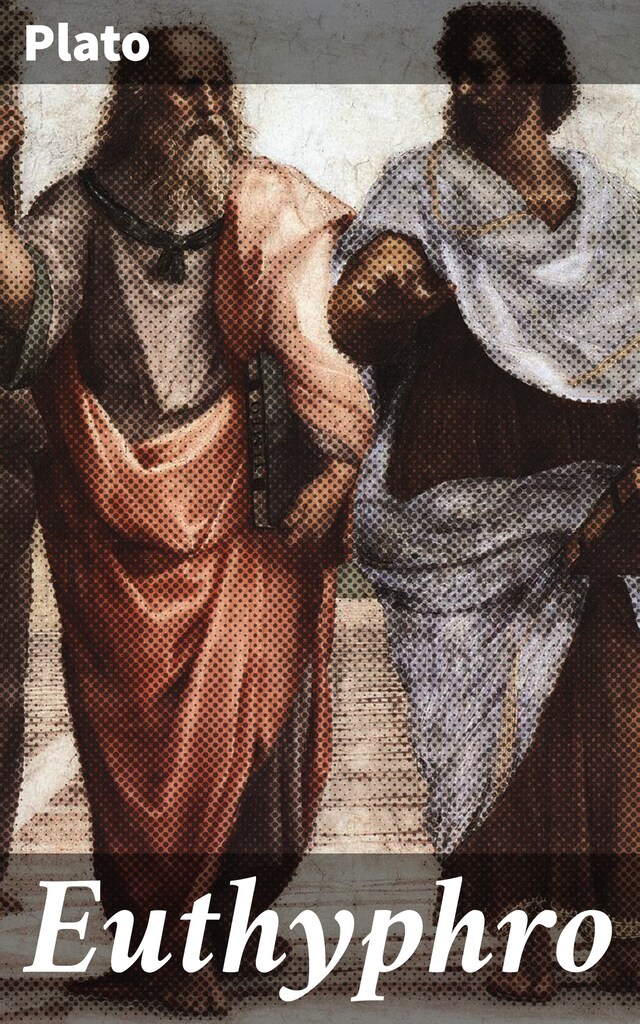
Euthyphro
Exploring the Nature of Piety and Morality in Ancient Greek Philosophy
Opis książki
In "Euthyphro," Plato presents a profound dialogue between Socrates and Euthyphro, exploring the nature of piety and the essence of moral virtue amidst the chaotic religious landscape of ancient Athens. The text is characterized by its Socratic method of questioning, invoking rigorous philosophical inquiry that examines whether moral actions stem from divine approval or are intrinsically valuable. This dialogue not only interrogates the implications of piety and justice but also serves as an early articulation of ethical theory, reflecting the intellectual currents of classical antiquity at a time when philosophical reasoning began challenging traditional beliefs. Plato, a student of Socrates and the founder of the Academy in Athens, sought to distill the essence of ethical thought through his dialogues. Influenced by the Socratic method and his mentorship experiences, Plato aimed to provoke critical reflection on moral concepts, leading to deeper philosophical understanding. "Euthyphro" stands as part of a trilogy, connecting to themes of knowledge and ethics explored in later works, particularly in relation to Socrates's trial and moral philosophy. For readers fascinated by philosophy and ethics, "Euthyphro" is a compelling introduction to Socratic thought and the complexities of moral reasoning. Its enduring relevance encourages transformative conversations about duty, morality, and the divine, making it an essential read for anyone engaged in the exploration of ethical frameworks and philosophical discourse.
 Plato
Plato 33 Strony
33 Strony